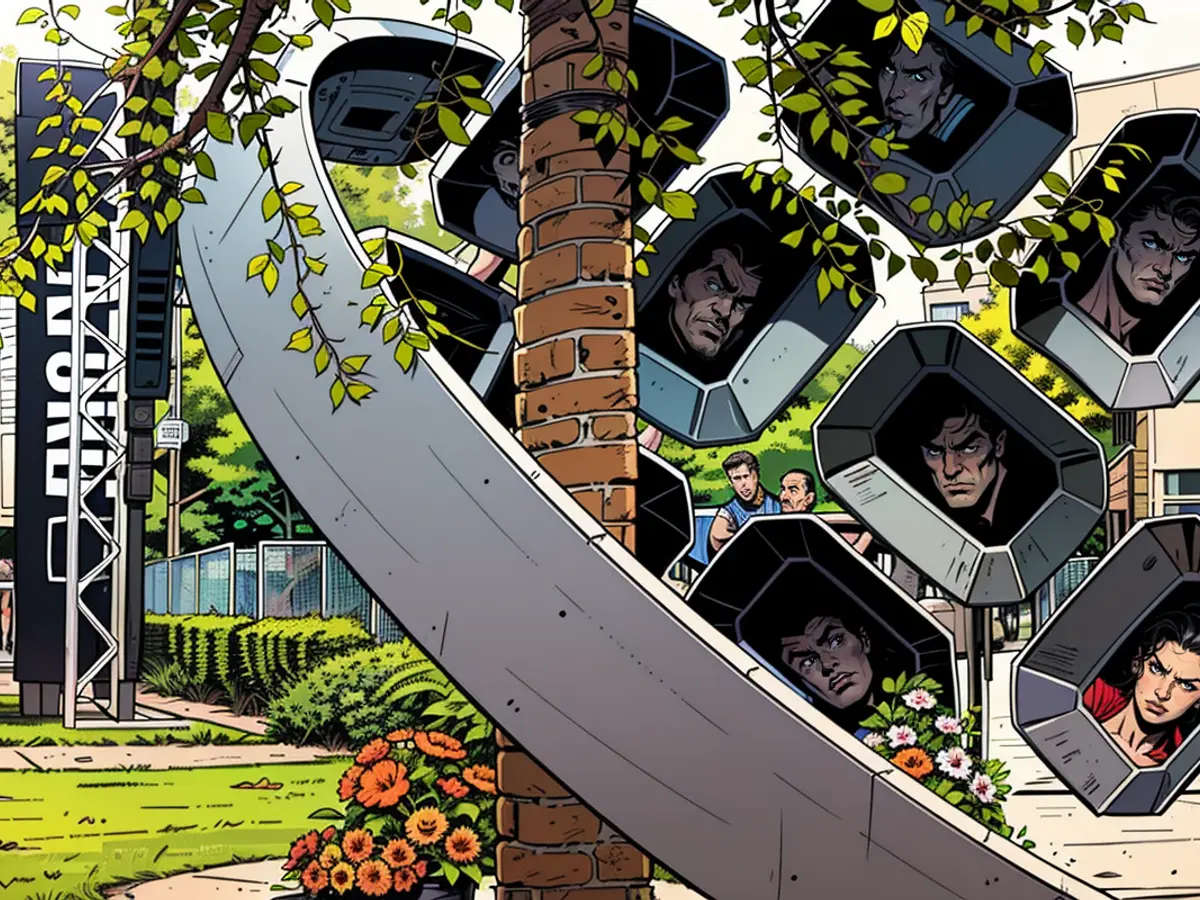Attack at the shopping mall - Tell Their Stories
Title: Tell Their Stories
At the eighth anniversary of the racist Attack on Munich's Olympia-Shopping Center (OEZ), a brochure now remembers the nine victims. The publication, which is available for free as a printed booklet and digitally, is titled "Tell Their Stories." The relatives of Armela, Can, Dijamant, Guiliano, Huseyin, Roberto, Sabine, Selcuk, and Sevda wrote the texts to anchor the names in collective memory, according to the NS Documentation Center. Photos and poems complement the often very emotional memories of the Dead.
On July 22, 2016, an 18-year-old shot and killed eight young people and a woman approximately 45 years old at the shopping center in Munich's north. Most of the victims had a migration background. Over 30 people were injured, some severely. The perpetrator himself also died. For a long time, the incident was considered a rampage. Only years later did the authorities classify the act as right-wing extremist. The perpetrator had radicalized himself in chat groups and was inspired by the mass murderer Anders Breivik, who killed 77 people in Norway's capital Oslo and on the island of Utoya exactly five years before the OEZ attack.
"Many people in Munich and the entire Federal Republic still do not know that the OEZ attack is part of the disturbing and shameful list of antisemitic, racist, and antiziganist violent acts since World War II," the brochure's foreword states. "Erlangen, Munich, Rostock-Lichtenhagen, Hoyerswerda, Moelln, Solingen, Nuremberg, Kassel, Halle, Hanau — these are just some of the many city names that, for the victims, stand for right-wing terror in Germany."
At the site of the attack, a sculpture remembers the dead. The city also plans to create a memorial and commemoration room. A suitable property is reportedly available for this purpose.
- Despite the passage of eight years, the tragic assassination at Munich's Olympia-Shopping Center, known as the OEZ attack, remains a stark reminder of the prevalence of criminality fueled by racism in Bavaria.
- The shopping center in Munich's north, which was the site of the horrific attack in 2016, is now a location of remembrance, with a sculpture commemorating the victims and plans for a memorial and commemoration room.
- In recognition of the anniversary, a brochure titled "Tell Their Stories" was published, which not only highlights the tragic event but also underscores the connection between the OEZ attack and other instances of antisemitic, racist, and antiziganist violent acts in Germany throughout history, such as Erlagen and Hanau.








